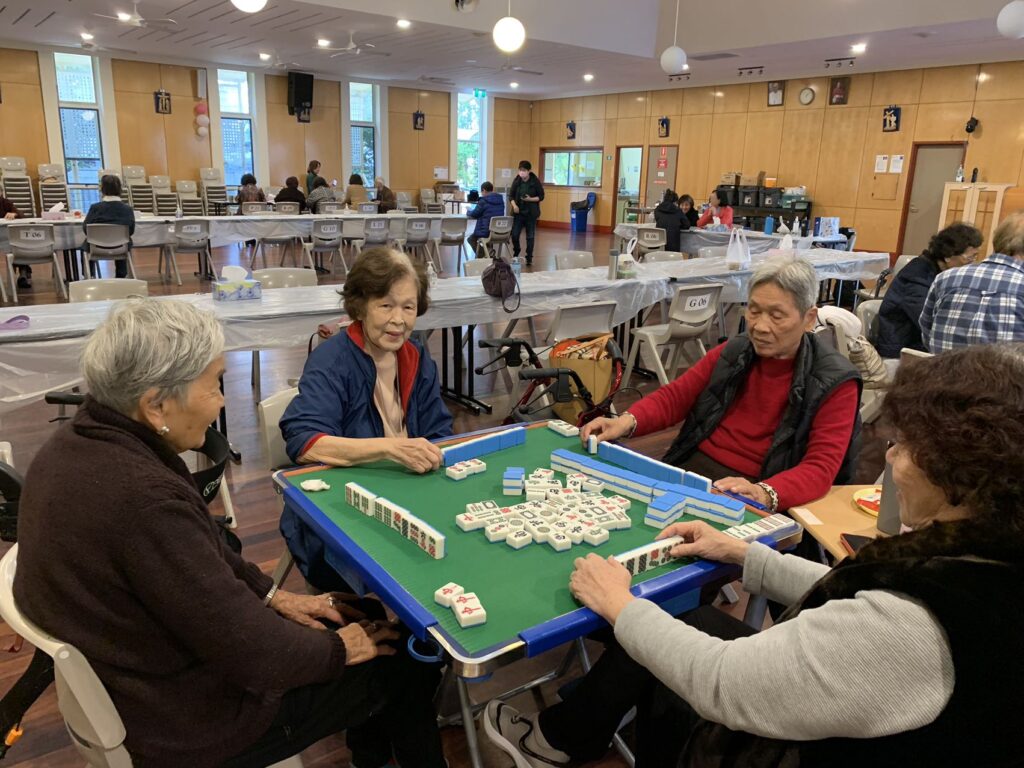Change in our senses is a common phenomena that almost everyone will have to go through as they age. All our senses are affected by age whether it is the sense of sight, hearing, taste, touch, or even smell. This makes everyday life a little more complicated for seniors as they have to gradually deal with changes in their senses. These changes are natural and part of our growth, however, they don’t have to be negatively impacting our lives for a long time. With some simple adjustments and a slightly better understanding, seniors can continue living safely and comfortably while enjoying their surroundings as usual.
Adapting to Changing Vision
Changes in one’s vision are very common as we get older. Cataracts, glaucoma, and age related macular degeneration are some of the conditions that can pose complications for us to see clearly. These changes, for many seniors, mean that they will require more light to see, they will have trouble with glares, or find it difficult to focus on objects that are close.

Good lighting is very important for making life easier. All living spaces, especially the stairways and hallways in your house should be well lit. Another way to prevent falls during night time is to have nightlights in the bedroom and bathroom. Consider using magnifying glasses or larger print materials for reading or hobbies. And by using soft and non reflective lighting and covering shiny surfaces you can help seniors to see more comfortably by reducing glare.
Making the World Easier to Hear
Hearing loss can be a gradual change which often goes unnoticed until it’s too severe. Hearing loss can lead to the feelings of isolation and frustration, especially in social situations. It makes conversations harder to follow, and background noise can also become overwhelming.
It is going to be helpful, for seniors experiencing hearing changes, to reduce background noise whenever possible. Turning off the TV during conversations can make it much easier to hear better. Encourage them to use hearing aids if prescribed, and clean them consistently while also maintaining their condition for use. Speak clearly and at a moderate pace when you are communicating with them. Facing the person when speaking to them can also be very helpful, because they will be able to read lips and pick up on facial expressions.
Keeping Meals Enjoyable
Taste and smell often diminish with age, which makes food less appealing. This can even lead to weight loss due to a lack of appetite, which can be very concerning for seniors. Foods that were once full of flavor might now taste bland, and the loss of smell also affects the ability to detect food that is spoiled.
Focus on enhancing flavors with herbs and spices rather than salt to make the meals more enjoyable for them. Pay attention to the safety of food by checking their expiration dates regularly and storing the food properly. Dehydration can also affect taste and smell so seniors should stay hydrated as well.
Practical Tips for Caregivers for Adapting to Sensory Changes:
Caregivers are going to play an active role in helping seniors manage sensory changes. By being aware of them and knowing how to adapt the environment to these changes, they can improve a senior’s quality of life significantly.

- Communication is Key: Ask questions like, are they having trouble hearing the TV? Do they find it difficult to read? etc, and regularly check in with them about their sensory experiences. By understanding their challenges you will be able to make the necessary adjustments required.
- Create a Friendly Environment: Pay attention to the sensory needs of the senior and adjust the environment accordingly. Small changes can make a big difference such as, using good contrasting colors for better visibility or installing textured grips on items that are used frequently by them.
- Regular Check Ups: Can help catch and manage sensory changes early by visiting the eye doctor, audiologist, or other specialists, regularly. You must make sure that prescribed aids, like glasses or hearing devices, are consistently and properly used and maintained.
- Promote Social Interaction: Encourage participation in social activities that are accessible and enjoyable. As seniors might avoid activities they once enjoyed due to sensory changes it can lead to feeling isolated.
- Stay Patient and Positive: Remember to have a positive and patient approach which can help seniors adjust better, because sensory changes can be frustrating. Encourage independence wherever possible and celebrate small victories.
At 1st Care Community, we have a team of trained professionals who understand not just a senior’s sensory needs but also the needs related to other aspects of their lives. We offer a holistic care plan, based on the unique needs of our client to help them overcome all the challenges of aging and live a life of dignity and independence with ease.


